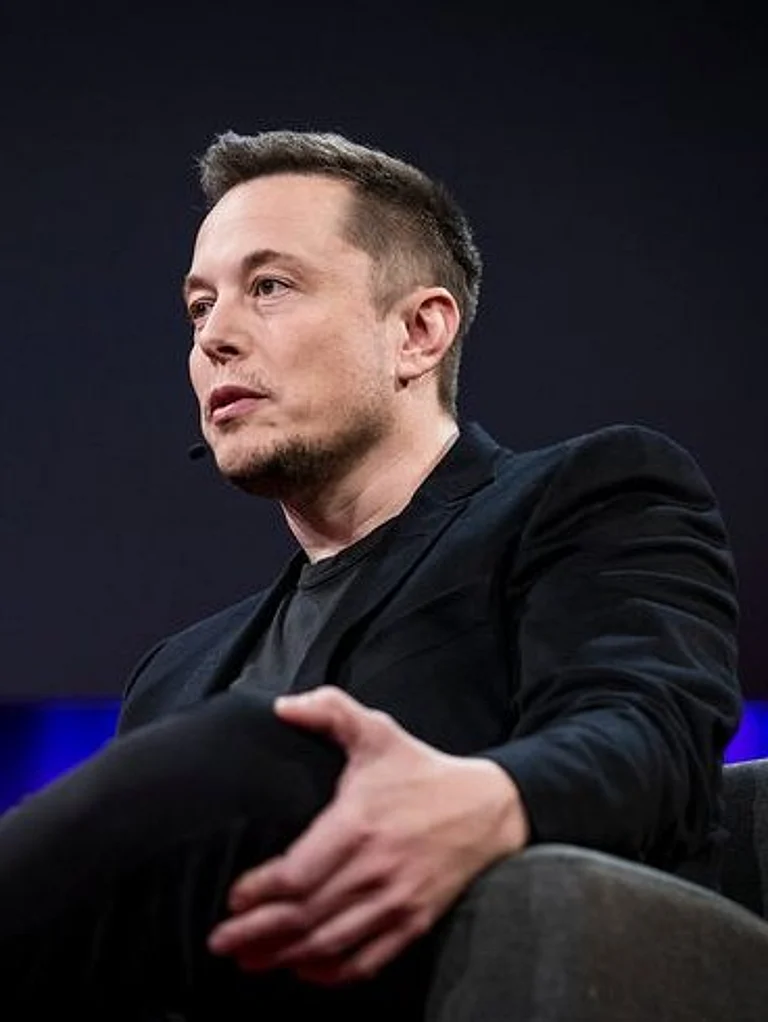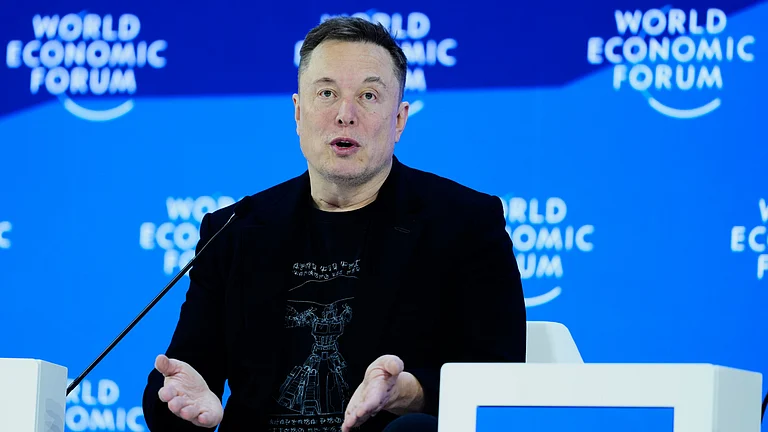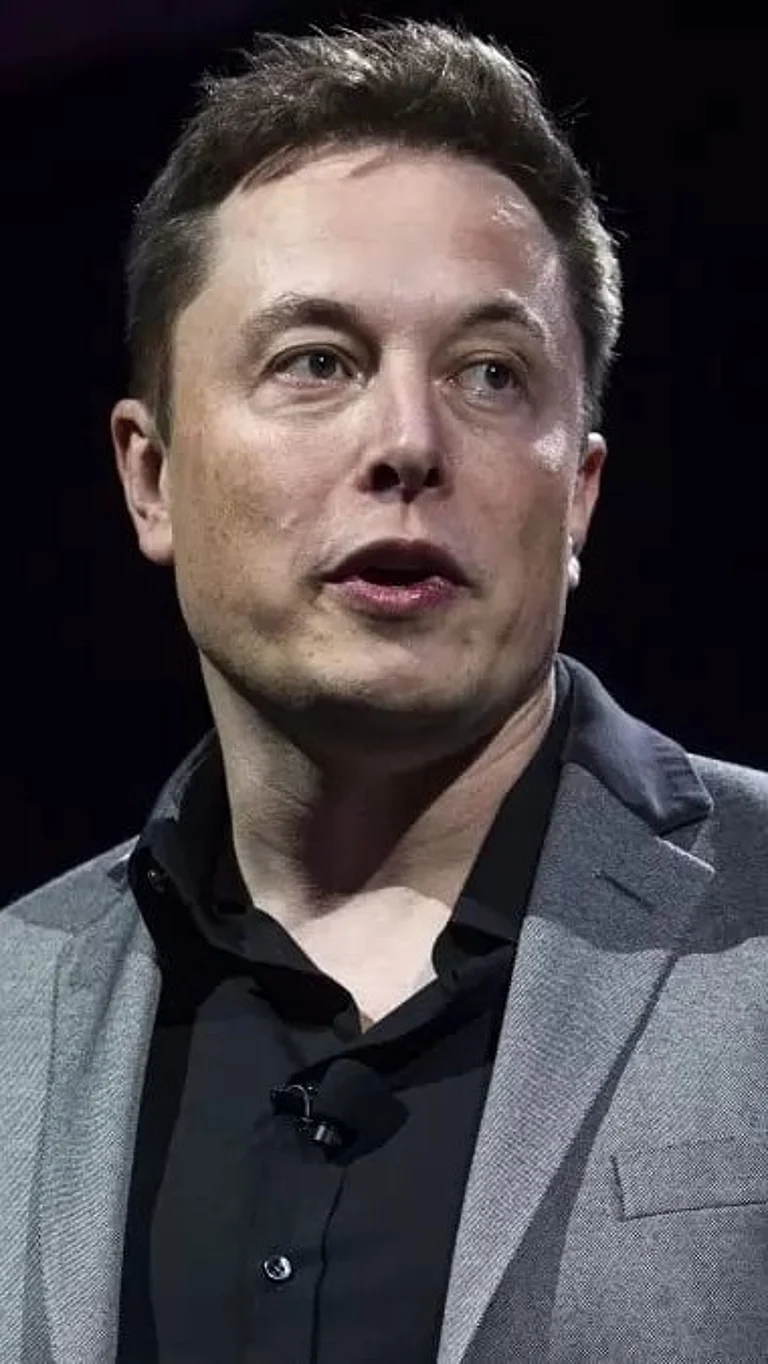American billionaire Elon Musk said on Tuesday that he plans to reduce his political spending “in the future” and remain at the helm of his electric vehicle company, Tesla, for at least five more years. His comments came after a report suggested the company's board was planning to oust him—an allegation Tesla Chair Robyn Denholm later denied.
Addressing concerns about Tesla and its recent sales slump, Musk said he remains committed to leading the company unless he “dies.”
Brushing aside worries over Tesla’s financial constraints, Musk noted that the EV giant's stock had recently gained over $1 trillion in market value, as analysts continue to see long-term potential in the company. He added that Tesla is not alone—many other automakers are also facing weakening demand.
Tesla's March-quarter earnings revealed a sharp 71% drop in profit compared to the same period last year, with net income falling to $409 million. The company is grappling with softening demand, global economic uncertainties, and tough competition from Chinese EV giant BYD. Revenue for the quarter declined 9% year-on-year to $19.34 billion, missing analyst estimates. It marked Tesla's lowest first-quarter sales in three years.
Musk to Scale Back Political Spending
Elon Musk, who poured nearly $300 million into supporting Donald Trump’s 2024 campaign and other Republican causes, says he will significantly cut back on political donations.
“In terms of political spending, I’m going to do a lot less in the future. I think I’ve done enough,” Musk said during a virtual interview on Tuesday. However, he didn’t completely rule out future spending, adding, “If I see a reason to do political spending, I will do it.”
If Musk follows through, it could deal a significant blow to Trump and the Republican Party, which has come to rely on him as a major donor.
In 2024, Musk backed Republican-aligned super PACs, media campaigns, and key battleground efforts. He also spent over $20 million supporting a conservative candidate in a Wisconsin Supreme Court race—the most expensive judicial contest in US history. Despite the hefty spending, the liberal candidate won.
After Trump’s inauguration in January, Musk emerged as a prominent figure in Washington, leading the Department of Government Efficiency (DOGE). Under his leadership, the department cut thousands of jobs and cancelled billions in contracts and foreign aid—often amid criticism over chaotic implementation.
Musk’s political involvement has sparked widespread protests against Tesla across the US and Europe, with some consumers boycotting the brand.
Musk has pushed back against suggestions that his actions have hurt Tesla’s brand. While acknowledging some loss of support from left-leaning buyers, he said the company has gained new customers from the political right. He accused some protesters of committing “massive violence” against his companies, stating that several are now facing legal consequences.
“They’re on the wrong side of history,” Musk said. “And that’s an evil thing to do.”
Investor concerns have also surfaced over the time Musk spends away from Tesla. In response, Musk told analysts earlier this year that starting in May, he would reduce his involvement with DOGE to just one or two days a week.
Focus on Tesla and Push for Control
Musk also reiterated that having “reasonable control” over Tesla is essential to his role as CEO. He has previously stated he’s unwilling to expand Tesla’s AI and robotics efforts without at least 25% voting control.
In March, Musk launched an appeal to reinstate his $56 billion pay package, which had been struck down by a Delaware judge. He argued the judge made multiple legal errors and insisted his motivation is not financial gain but maintaining influence over Tesla’s direction.
“It’s not a money thing,” Musk said. “It’s a reasonable control thing.”

































